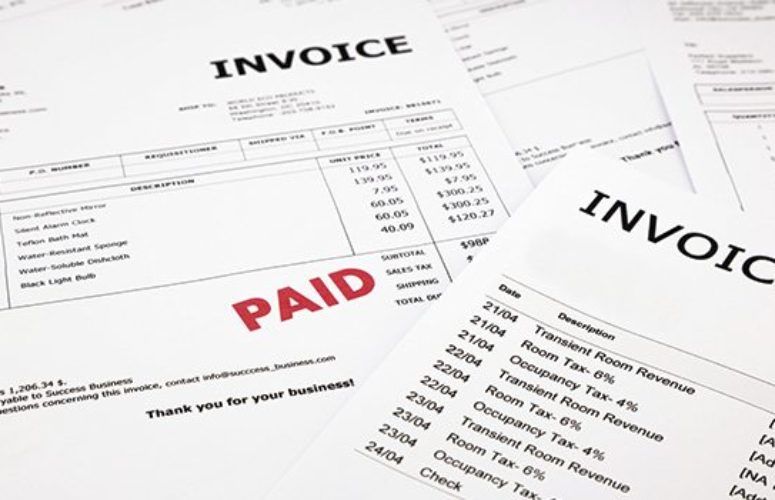
Looking for Capital?
Four must-do tips for businesses seeking a bank loan.
By Elizabeth Magennis On Dec 28, 2016What nearly all entrepreneurs share is passion; the belief that their product, service or offering can provide something novel or great. However, having a groundbreaking idea isn’t enough to start, build or expand a business – for that, you’re going to need capital!
Budding business owners often think securing that loan won’t be difficult, but it can be if you’re not prepared. If you’re an entrepreneur seeking funds from a banker, give yourself the best shot at success by following these basic protocols.
Know your business. You know what your business concept is and what need it attempts to fill, but how well do you understand your market and your competitors? Do you understand how you are going to grow your business and what those stages of growth could look like? Before meeting with a banker, it’s important to do some soul searching and prepare to answer targeted questions about your business and competitive landscape. Bankers will not only inquire about what makes your company stand out from the competition, they will also likely ask about your core audience, focus clients, delivery channels, management team, succession plans, and more.
Understand your risks. In addition to identifying your unique strengths, it’s important to understand the specific risks facing your business, and how to diversify them depending on your industry. Is your business reliant on just one major client? Have you thought about what could go wrong with your proposed strategy? Stress testing different scenarios will help you better understand the environment you could find yourself in, downsize risk, and may even impact some of the decisions you make today. A bank will absolutely ask these questions before issuing a loan, so demonstrating an understanding of potential risks (and your ability to mitigate them) will work in your favor.
Come prepared. It’s exceedingly rare that someone walks into a meeting with a loan officer fully prepared with a financial package. Knowing your business is key, but having the right documentation to back up your claims is just as critical. Consult with your accountant and attorney prior to the meeting, and assemble a comprehensive package containing: corporate tax returns or accountant-prepared financial statements; interim financials on the business within the last 90 days; personal tax returns; financial statements for each owner; a history of the business; and projections for at least the next year.
Check your credit score. Entrepreneurs often don’t realize that even if their business’ numbers look good and their finances are in order, a poor personal credit score can impede their ability to acquire a loan. Make sure to check your credit score before you seek a loan from the bank, and be prepared to address it if your credit is less than stellar.
About the Author: Elizabeth Magennis is the executive vice president and chief lending and relationship officer at ConnectOne Bank.
Related Articles:






